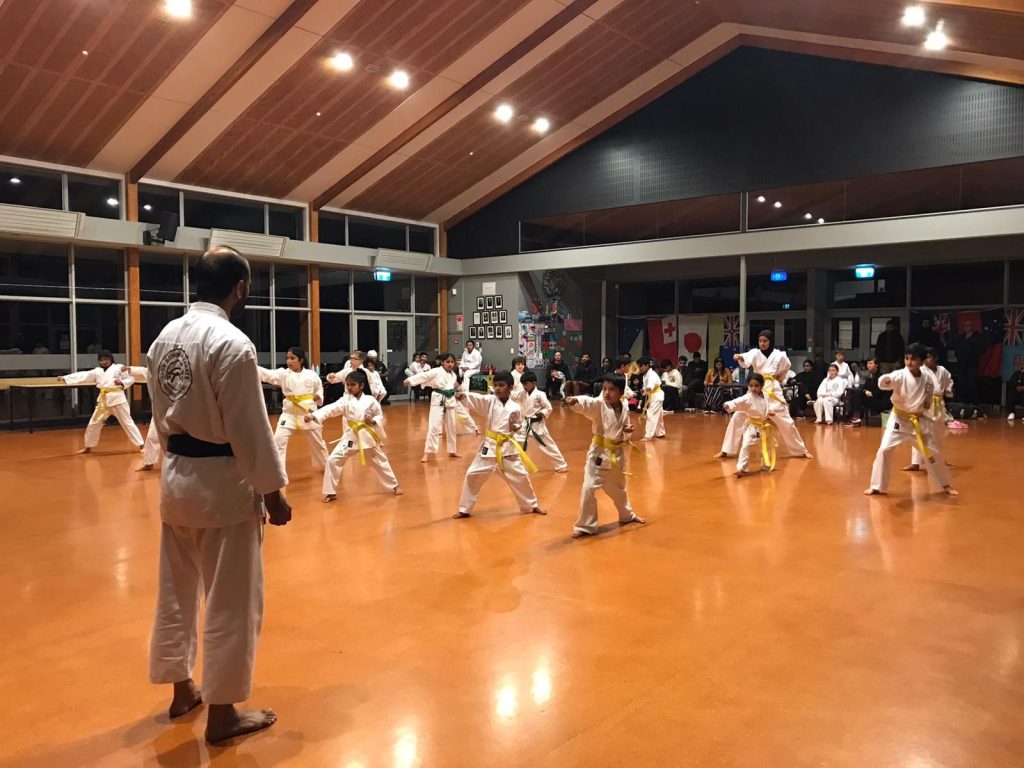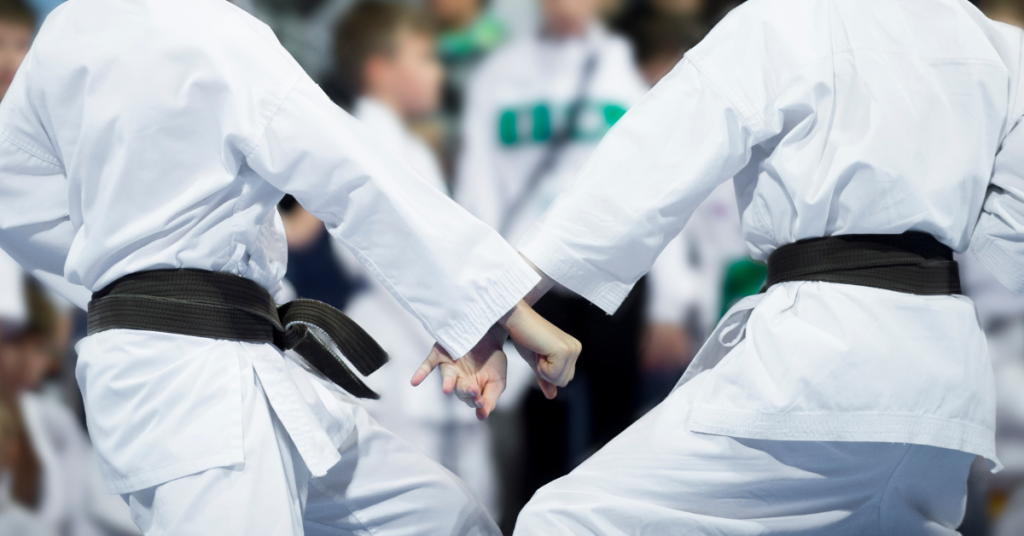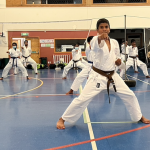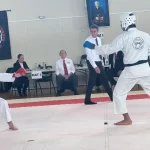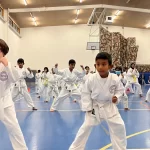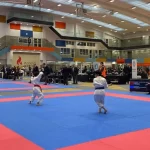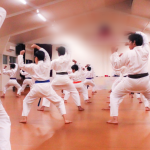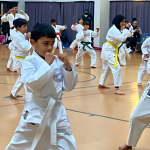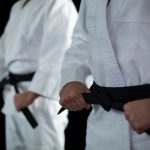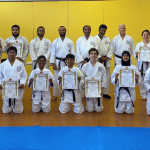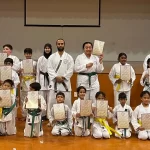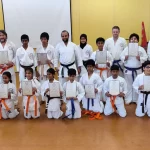Martial arts have captivated the human imagination for centuries, embodying discipline, strength, and grace. Karate is a formidable and revered art form among the many martial arts practised worldwide. With its origins deeply rooted in ancient Japan, Karate has evolved over centuries, blending physical techniques with philosophical principles. In this blog, we will delve into the fascinating history, principles, and cultural significance of Karate.
Origins and Historical Development
Karate traces its roots to the Ryukyu Kingdom, an archipelago in Okinawa, Japan. The martial art emerged during political unrest and the Ryukyu Kingdom’s prohibition on weapons. To protect themselves, the inhabitants of the Ryukyu Islands developed unarmed self-defence techniques, which eventually evolved into Karate.
Chinese martial arts, especially Kung Fu, had a significant influence on the development of Karate. Chinese traders and emissaries brought their fighting techniques to Okinawa, where they intermingled with the local traditions, giving rise to the unique martial art known as Karate. Over time, Okinawa became a melting pot of various styles and techniques, leading to the birth of different Karate schools or styles.
Principles and Philosophy
Karate is not merely a physical combat system; it embodies a philosophy emphasising self-discipline, respect, and self-improvement. The word “Karate” itself translates to “empty hand,” signifying the art’s focus on unarmed techniques. Here are some core principles of Karate:
1. Discipline: Karate requires practitioners to cultivate discipline and self-control. It instils a sense of responsibility for one’s actions and teaches the importance of perseverance and hard work.
2. Respect: Respect is fundamental in Karate. Practitioners must respect their instructors, training partners, and the art itself. Bowing and acknowledging others’ skills and achievements are customary practices in the Karate community.
3. Mind-Body Connection: Karate emphasises the integration of the mind and body. Through training, practitioners develop physical strength, agility, and coordination while honing their mental focus, concentration, and self-awareness.
4. Self-Defense: Karate is a practical self-defence system at its core. It equips individuals with the skills to protect themselves in real-life situations, emphasising efficient techniques, evasion, and understanding an opponent’s vulnerabilities.
5. Continuous Improvement: Karateka (Karate practitioners) are encouraged to strive for continuous physical and mental improvement. The path of Karate is lifelong, and practitioners constantly seek to refine their techniques and deepen their understanding of the art.
Cultural Significance
Karate is not just a martial art; it embodies the cultural heritage and identity of Okinawa and Japan. Its practice is deeply ingrained in Japanese society and extends beyond physical training. The art promotes humility, perseverance, and integrity, which permeate Japanese culture.
Karate in the Modern World
Karate’s journey from Okinawa to the world began in the early 20th century when prominent masters, such as Gichin Funakoshi, introduced the art to mainland Japan. Funakoshi’s teachings formed the foundation of the popular Shotokan style, which helped spread Karate internationally.
Today, Karate is practised by millions worldwide, making it one of the most popular martial arts. It has even gained recognition as an Olympic sport, further solidifying its global appeal and fostering camaraderie among practitioners from diverse backgrounds.
Beyond physical training, Karate offers numerous benefits. It improves fitness, coordination, and self-confidence while promoting mental fortitude and stress reduction. Karate training instils values that can be applied in various aspects of life, fostering personal growth, discipline, and resilience.
In conclusion, Karate’s ancient origins, rich philosophical underpinnings, and cultural significance make it a unique and revered martial art. Its discipline, respect, and self-improvement principles transcend physical combat, guiding practitioners toward continuous growth and self-discovery. Whether you seek physical fitness, self-defence skills, or a deeper understanding of Japanese culture, Karate offers a profound and rewarding journey for those who embark upon it.

